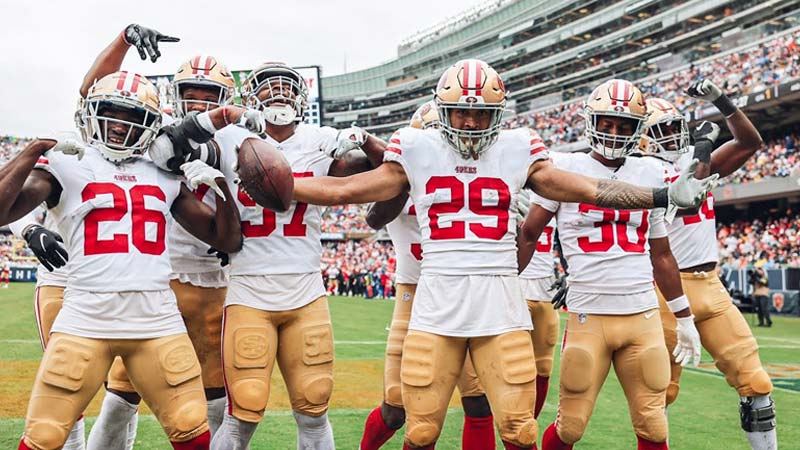Certain teams have left an indelible mark in the illustrious history of the National Football League (NFL) by achieving the rare feat of back-to-back Super Bowl victories.
These triumphs showcase the prowess of these teams on the gridiron and etch their names in the annals of football greatness.
From the San Francisco 49ers’ iconic moments in the ’80s to the New England Patriots’ early 2000s dominance, each team’s journey to consecutive championships is a saga of skill, strategy, and sheer determination.
In this exploration, we delve into the captivating stories of these teams, analyzing the pivotal plays, the standout players, and the lasting impact on the league.
Teams With Most Back To Back Super Bowl Wins
Here is the list of the teams with the most back-to-back Super Bowl wins. Please check out all the details of these teams right below:
1. Green Bay Packers
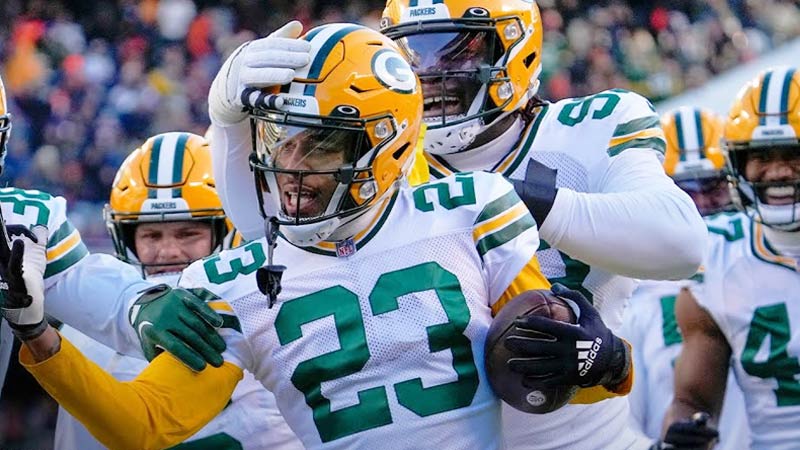
- Super Bowl I (1967): Defeated the Kansas City Chiefs 35-10
- Super Bowl II (1968): Defeated the Oakland Raiders 33-14
The Green Bay Packers, led by the legendary coach Vince Lombardi, etched their place in history by securing back-to-back Super Bowl victories in the first two editions of the game.
Quarterback Bart Starr orchestrated the offense flawlessly, earning MVP honors in both contests. The Packers dominated Super Bowl I, showcasing their superiority in a 35-10 triumph over the Kansas City Chiefs.
In Super Bowl II, they faced the Oakland Raiders and once again asserted their dominance with a convincing 33-14 victory.
These victories cemented the Packers’ status as a football powerhouse and established a standard for excellence.
Lombardi’s meticulous coaching and the team’s cohesive play laid the foundation for future success, leaving an indelible mark on the franchise and the league as a whole.
2. Miami Dolphins
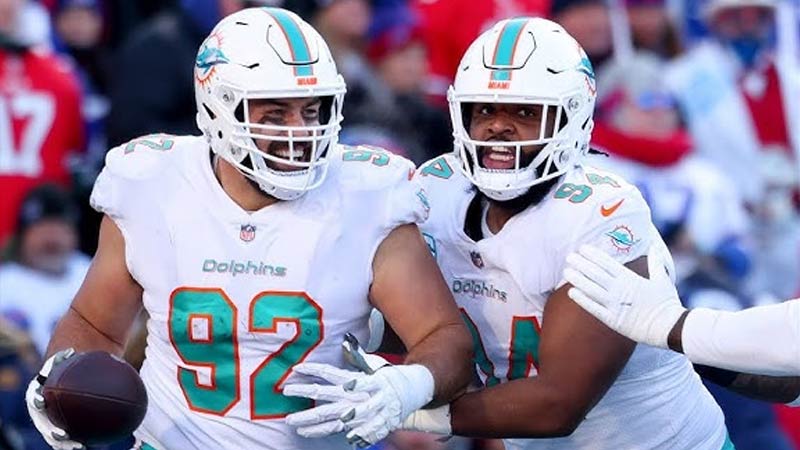
- Super Bowl VII (1973): Defeated the Washington Redskins 14-7
- Super Bowl VIII (1974): Defeated the Minnesota Vikings 24-7
The Miami Dolphins achieved an impressive feat in the early 1970s, securing consecutive Super Bowl victories in Super Bowls VII and VIII.
Under the guidance of iconic coach Don Shula, the Dolphins established themselves as a formidable force in the NFL.
In Super Bowl VII, they faced the Washington Redskins and emerged victorious with a hard-fought 14-7 win, capping off a perfect season.
In Super Bowl VIII the following year, the Dolphins showcased their dominance again by defeating the Minnesota Vikings 24-7.
Led by Hall of Fame quarterback Bob Griese and a tenacious defense, the Dolphins’ back-to-back triumphs solidified their place in NFL history.
The team’s commitment to excellence and Shula’s coaching prowess made them a force to be reckoned with during this remarkable era.
3. Pittsburgh Steelers
- Super Bowl IX (1975): Defeated the Minnesota Vikings 16-6
- Super Bowl X (1976): Defeated the Dallas Cowboys 21-17
- Super Bowl XIII (1979): Defeated the Dallas Cowboys 35-31
- Super Bowl XIV (1980): Defeated the Los Angeles Rams 31-19
Under the leadership of the renowned coach Chuck Noll, the Pittsburgh Steelers showcased their dominance with an unprecedented four Super Bowl victories in a six-year span.
In Super Bowls IX and X, the “Steel Curtain” defense, led by Mean Joe Greene, stifled opponents, contributing to victories over the Minnesota Vikings (16-6) and the Dallas Cowboys (21-17).
The Steelers continued their success in Super Bowls XIII and XIV, defeating the Cowboys (35-31) and the Los Angeles Rams (31-19), respectively.
Quarterback Terry Bradshaw’s stellar performances, a formidable defense, and a talented roster defined the Steelers’ dynasty of the late 1970s.
Noll’s strategic brilliance and the team’s resilience propelled them to an era of unparalleled success, leaving an enduring legacy in the annals of NFL history.
4. San Francisco 49ers
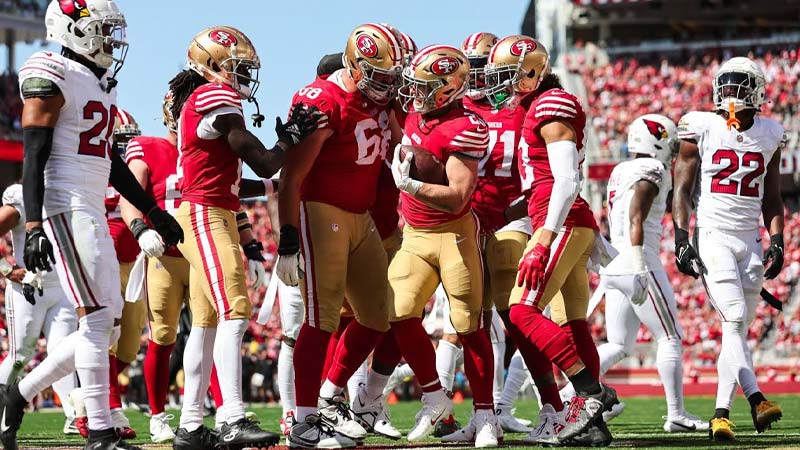
- XXIII (1988): 49ers vs. Bengals
- XXIV (1989): 49ers vs. Broncos
The San Francisco 49ers’ dominance in the late ’80s is epitomized by their back-to-back Super Bowl victories in XXIII and XXIV. In Super Bowl XXIII, they faced the Cincinnati Bengals in a nail-biting clash.
The 49ers, led by the iconic Joe Montana, orchestrated a memorable fourth-quarter drive, culminating in a game-winning touchdown pass to John Taylor.
The following year, in Super Bowl XXIV, the 49ers delivered a masterclass against the Denver Broncos. Montana, once again, was instrumental, throwing for a Super Bowl-record five touchdown passes.
The team’s ability to blend offensive finesse with a tenacious defense solidified their status as one of the greatest Super Bowl champions in NFL history.
5. Dallas Cowboys
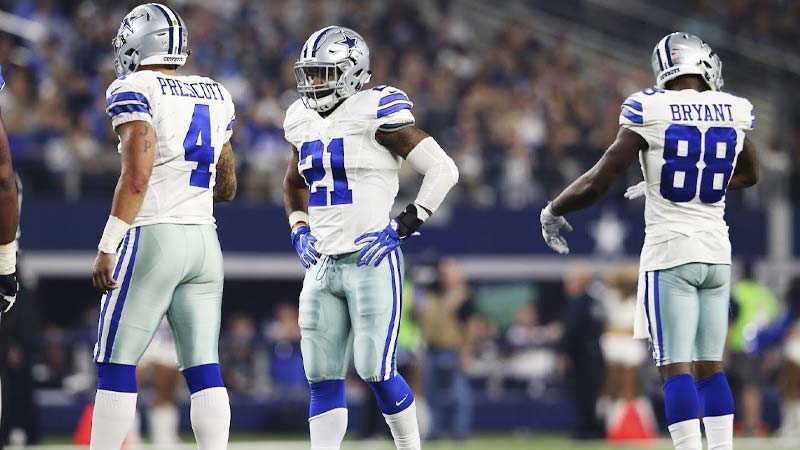
- XXVII (1992): Cowboys vs. Bills
- XXVIII (1993): Cowboys vs. Bills
The Dallas Cowboys’ early ’90s reign was punctuated by back-to-back Super Bowl triumphs in XXVII and XXVIII. In Super Bowl XXVII, they clashed with the Buffalo Bills in a high-scoring spectacle.
The Cowboys’ defense played a pivotal role, forcing a record-setting nine turnovers. Quarterback Troy Aikman and the offense capitalized on these opportunities, securing a convincing victory.
The following year, in Super Bowl XXVIII, the Cowboys faced the Bills again. This time, running back Emmitt Smith took center stage, rushing for 132 yards and two touchdowns.
The Cowboys’ ability to maintain a winning formula, blending offensive prowess with a formidable defense, solidified their status as a football powerhouse during this era.
6. Denver Broncos
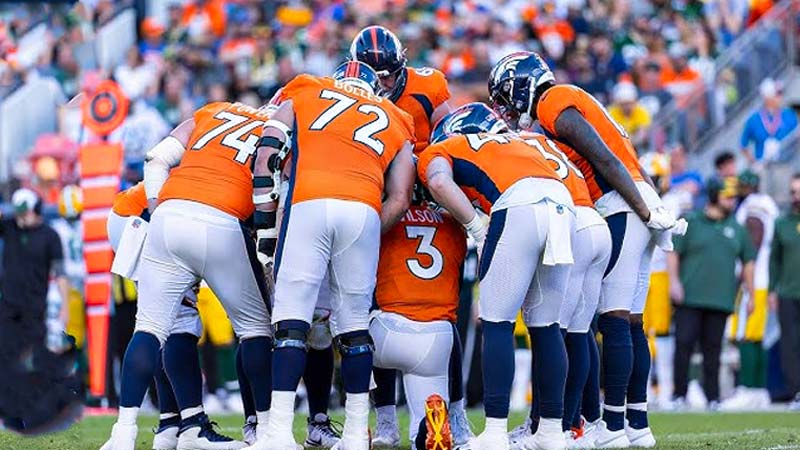
- XXXII (1997): Broncos vs. Packers
- XXXIII (1998): Broncos vs. Falcons
The Denver Broncos’ back-to-back Super Bowl wins in XXXII and XXXIII marked a historic chapter in the franchise’s history. In Super Bowl XXXII, they faced the Green Bay Packers in a closely contested battle.
Quarterback John Elway’s iconic “helicopter run” symbolized the team’s determination, and running back Terrell Davis’s 157 rushing yards and three touchdowns earned him the MVP.
In Super Bowl XXXIII, the Broncos confronted the Atlanta Falcons, and Elway once again showcased his prowess. The game featured a balanced offensive display, with Elway passing for 336 yards.
These victories cemented the Broncos as a force to be reckoned with, with Elway retiring on a high note, leaving an indelible mark on the franchise’s legacy.
7. New England Patriots
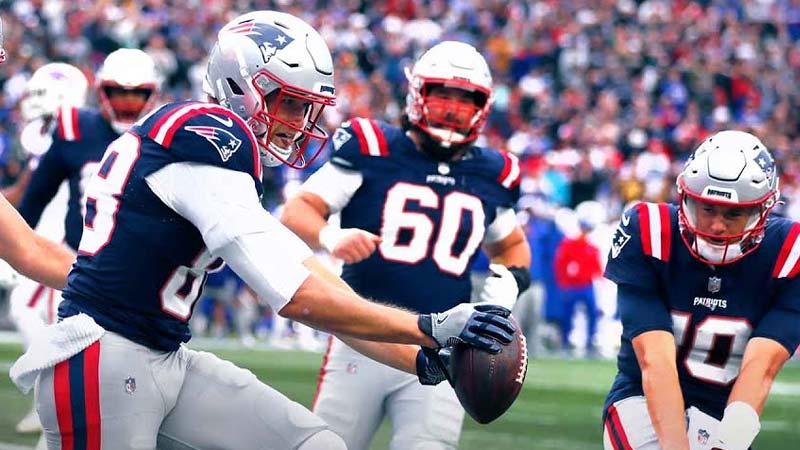
- XXXVIII (2003): Patriots vs. Panthers
- XXXIX (2004): Patriots vs. Eagles
The New England Patriots back-to-back Super Bowl wins in XXXVIII and XXXIX showcased their prowess in the early 2000s. In Super Bowl XXXVIII, the Patriots faced the Carolina Panthers in a thrilling contest.
The game is remembered for its offensive fireworks, with both teams combining for a record-setting 37 points in the fourth quarter.
Adam Vinatieri’s last-second field goal secured the win for the Patriots. In Super Bowl XXXIX, the Patriots squared off against the Philadelphia Eagles. Quarterback Tom Brady’s steady performance and a stout defense secured the victory.
The Patriots’ ability to navigate intense battles and execute crucial plays established them as a dynasty in the making, setting the stage for future success in the NFL.
Impact of Back To Back Super Bowl Wins for A Team
Back-to-back Super Bowl wins have profound and lasting impacts on a football team, both in terms of their legacy within the sport and the broader organizational and cultural aspects.
Here are several key impacts:
Establishing Dynasty Status
Winning consecutive Super Bowls places a team in the elite category of NFL dynasties. It’s a testament to sustained excellence and consistency over multiple seasons, elevating the team’s historical significance.
Enhanced Franchise Legacy
Back-to-back Super Bowl victories contribute significantly to a team’s overall legacy. It became a defining era in the team’s history, often remembered as a golden age of success.
Boost in Team Morale and Confidence
Winning the Super Bowl is the pinnacle of achievement in American football. Doing it in consecutive years creates a winning culture and boosts the confidence and morale of players, coaches, and the entire organization.
Increased Fan Engagement and Loyalty
Success on the field translates into increased fan engagement and loyalty. Back-to-back championships often lead to a surge in fan base, ticket sales, merchandise revenue, and overall team popularity.
Elevated Player Status
Players who contribute significantly to back-to-back Super Bowl wins often become legendary figures. Their individual legacies are forever tied to the team’s success during that period.
Economic Impact
The economic impact extends beyond the football field. Successful teams generate revenue through increased merchandise sales, higher ticket prices, and enhanced sponsorship and advertising opportunities.
Recruitment and Retention Advantage
Winning attracts top-tier talent. The allure of joining a team with a recent history of Super Bowl victories can make it easier for the organization to recruit and retain star players and coaching staff.
Pressure and Expectations
While success is sweet, it also comes with its own challenges. Back-to-back wins raise expectations for continued success, placing added pressure on the team to maintain a high level of performance.
Coaching Legacy
Coaches play a crucial role in back-to-back Super Bowl wins. Successive championships elevate the coach’s legacy and can lead to long-term job security and recognition within the coaching community.
Impact on the NFL Landscape
Dominance in consecutive Super Bowls often influences how the team is perceived in the broader context of the NFL.
It can impact rivalries, shape narratives, and contribute to the overall competitive landscape of the league.
Back-to-back Super Bowl wins represent more than just on-field success; they shape a team’s identity, culture, and perception for years to come, leaving an indelible mark on the sport’s history.
FAQs
Which team holds the record for the most consecutive Super Bowl wins?
The San Francisco 49ers achieved back-to-back Super Bowl victories in XXIII (1988) against the Bengals and XXIV (1989) against the Broncos, solidifying their place in NFL history with two consecutive triumphs.
How many times have the New England Patriots won back-to-back Super Bowls?
The New England Patriots secured back-to-back Super Bowl victories in XXXVIII (2003) against the Panthers and XXXIX (2004) against the Eagles, showcasing their dominance in the early 2000s under coach Bill Belichick and quarterback Tom Brady.
Which quarterback led the Denver Broncos to consecutive Super Bowl wins?
John Elway, the legendary quarterback, guided the Denver Broncos to back-to-back Super Bowl victories in XXXII (1997) against the Packers and XXXIII (1998) against the Falcons, culminating his illustrious career on a high note.
In which years did the Dallas Cowboys achieve back-to-back Super Bowl wins?
The Dallas Cowboys secured consecutive Super Bowl victories in XXVII (1992) against the Bills and XXVIII (1993) against the Bills, showcasing their dominance in the early ’90s under the leadership of quarterback Troy Aikman and head coach Jimmy Johnson.
How many times have the San Francisco 49ers won back-to-back Super Bowls, and who was their iconic quarterback?
The San Francisco 49ers accomplished back-to-back Super Bowl wins twice.
In the ’80s, Joe Montana led them to victories in XXIII (1988) against the Bengals and XXIV (1989) against the Broncos, solidifying Montana’s legacy as one of the greatest quarterbacks in NFL history.
Wrapping Up
In the realm of American football, the pursuit of back-to-back Super Bowl wins stands as a testament to the highest echelons of excellence.
The teams that have achieved this remarkable feat not only secured their places in NFL history but also shaped the narrative of the sport itself.
From the dynastic runs of the San Francisco 49ers and Dallas Cowboys to the more recent triumphs of the New England Patriots, each victory represents a chapter in the ongoing saga of gridiron glory.
As we reflect on these moments, it becomes evident that the journey to consecutive championships is a fusion of skill, leadership, and unwavering determination.
The impact resonates not just within the stadium’s confines but influences the fabric of football culture. These teams, forever etched in history, serve as beacons of inspiration for future generations of players and fans alike.
The legacy of back-to-back Super Bowl victories endures, reminding us of the enduring pursuit of greatness in the world of American football.

